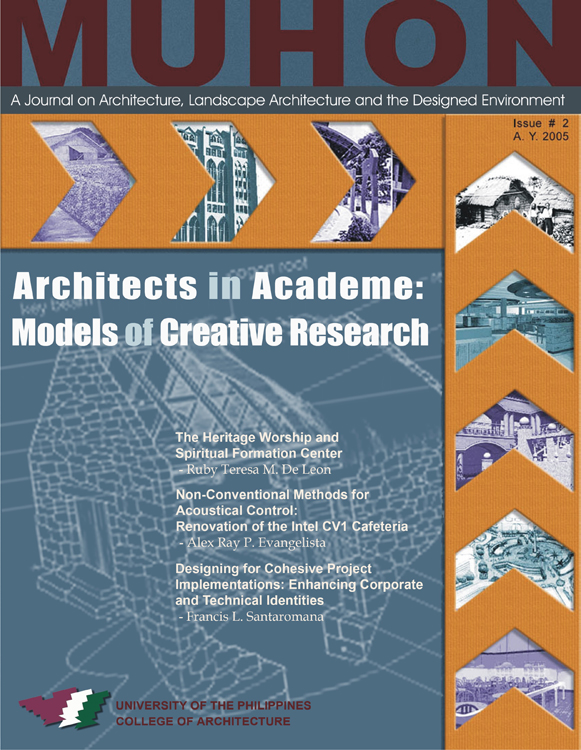Urban Development, Urban Land Use Planning and the Dilemma of Housing for the Urban Poor
Abstract
The history of urban development, land use planning and housing of the Third World cities remains in stark contrast with those of the rich and developed countries although both share a common thread. Pseudo-urbanization aptly describes development of poorer, former colonial cities where fundamental and structural economic systems are weak and superficial. In such an environment, clashing political and economic interests prevent freer access to land by the masses and the urban poor.
Proper land use planning allows governments to efficiently direct the timing and magnitude of public capital investments thereby setting the pace of economic growth and development. On the other hand, ideally, private sector interests in a dynamic marketplace of free enterprise and price mechanism subsequently are able to deliver a land and housing market accessible to most people. In the case of Metro-Manila, a long colonial history bred a feudal land system covering much of agricultural and urban lands, which perpetuated a monopolistic tendency in land ownership. The control, supply and use of much of the urban areas of the city were in the hands of a few, and urban planning if there was any was but a de-facto corporate-driven or property-led process that favored select private interests. It is in urban housing where the greatest inequality stares everyone in the eye.
The urban land use dichotomy of Metro-Manila consists of formal and informal land use elements interspersed with one another. One is formal, planned and legal whilst the other is extralegal, unregulated, informal and self-appropriated as in slums and squatter areas. The first critical step to address this problem is to recognize that the informal sector is a large source of untapped capital that needs to be brought into the mainstream of economic activity. This can make wealth generation possible for the urban poor once some form of acceptable property rights over their assets is established. This presumes that access to urban lands by the informal sector is made feasible through a system of documented ownership and protection from speculative pressures of land prices.
Interventionist land use planning can break this wedge and integrate disparate land use activities. Dilapidation and urban decay are as much a result of competing interests of the favored few versus the disadvantaged masses. There are existing policies and laws that can be tapped as well as bureaucracies that can be reconfigured to support an activist program of urban development without need of dividing society and fomenting unrest. Eliminating artificial land scarcity and opening access to land to all under a regime of unrestricted economic opportunities for all are key to having a just and humane city.The copyright for the published work belongs to UPCA and its selected publisher. The contributor is free to publish a modified version of the same article in other publications.
The contributor guarantees that :
- the article does not infringe on the copyright or any proprietary right of any other person
- the article contains no libelous or other unlawful matter
- the article makes no improper invasion of the privacy of any other person.





